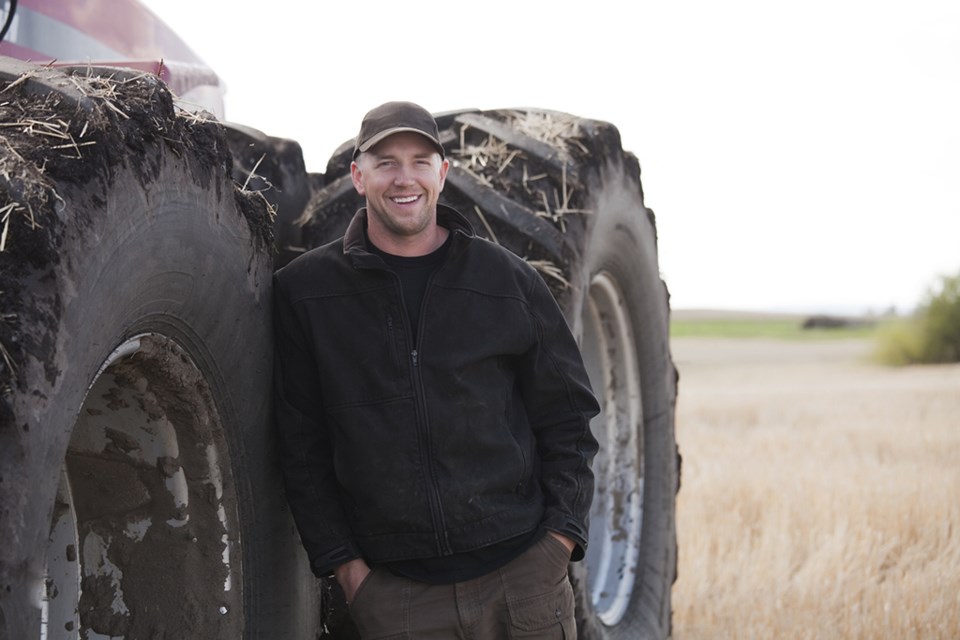NORTHWESTERN SASKATCHEWAN CROP REGION — Producers in the Northwest Saskatchewan crop region have been taking advantage of the absence of rain and seeding progress is now at 35 per cent which is right on par with the five-year average (2017-2021). Some areas are very dry, to the point where producers are worried about field fires. Within the region 70 per cent of the field pea acres, 51 per cent of the spring wheat, 30 per cent of the oats and 27 per cent of the barley have now been seeded.
The region did not receive much rain over the past week, but those who did receive rain were delayed briefly. The Duck Lake area received 16 mm, the Hafford area 10 mm and the Spiritwood and Frenchman Butte area received seven mm.
Pastures have not greened up very fast in the region and some warm weather is desperately needed to give cattle enough new growth to graze on. Cropland topsoil moisture is rated as 42 per cent adequate, 53 per cent short and five per cent very short. Hay land and pasture topsoil moisture is rated as 37 per cent adequate, 42 per cent short and 21 per cent very short.
Provincial overview: Rainfall hampers some
Large amounts of rainfall are generally improving topsoil moisture and pasture conditions in the province, while also delaying seeding, particularly in the eastern half of the province. Producers who have been able to get in the field are making good progress, with 33 per cent of the 2022 crop now in the ground. As this is behind the five-year average (2017-2021) of 53 per cent, producers are hoping for some warm days to allow field work to advance.
Sixty per cent of the crop has been seeded in the southwest region, 53 per cent in the west central, 35 per cent in the northwest, 17 per cent in the southeast, 13 per cent in the east central and eight per cent in the northeast. Fifty-nine per cent of lentils, 57 per cent of field peas, 51 per cent of durum, 29 per cent of spring wheat and 27 per cent of barley have been seeded to date. Barley, peas and lentils have begun sprouting throughout the southwest and west central regions.
A significant weather system moved across the province in the latter half of the week, bringing lots of rainfall in some areas. The Estevan area reported more than 120 mm over two days, the Weyburn area 92 mm, the Big Beaver area 87 mm, the Moosomin area 75 mm and the Eyebrow area 35 mm. Many parts of the southwest, west central and northwest did not receive significant amounts rainfall and rain would be appreciated once seeding concludes.
With almost weekly rainfall events, topsoil moisture conditions continue to improve for the province. Cropland topsoil moisture is rated as 12 per cent surplus, 56 per cent adequate, 20 per cent short and 12 per cent very short. Hay and pastureland topsoil moisture is rated as four per cent surplus, 56 per cent adequate, 24 per cent short and 16 per cent very short. Pasturelands that have received moisture all spring are beginning to see good recovery from the 2021 drought and their carrying capacity of cattle is increasing.





